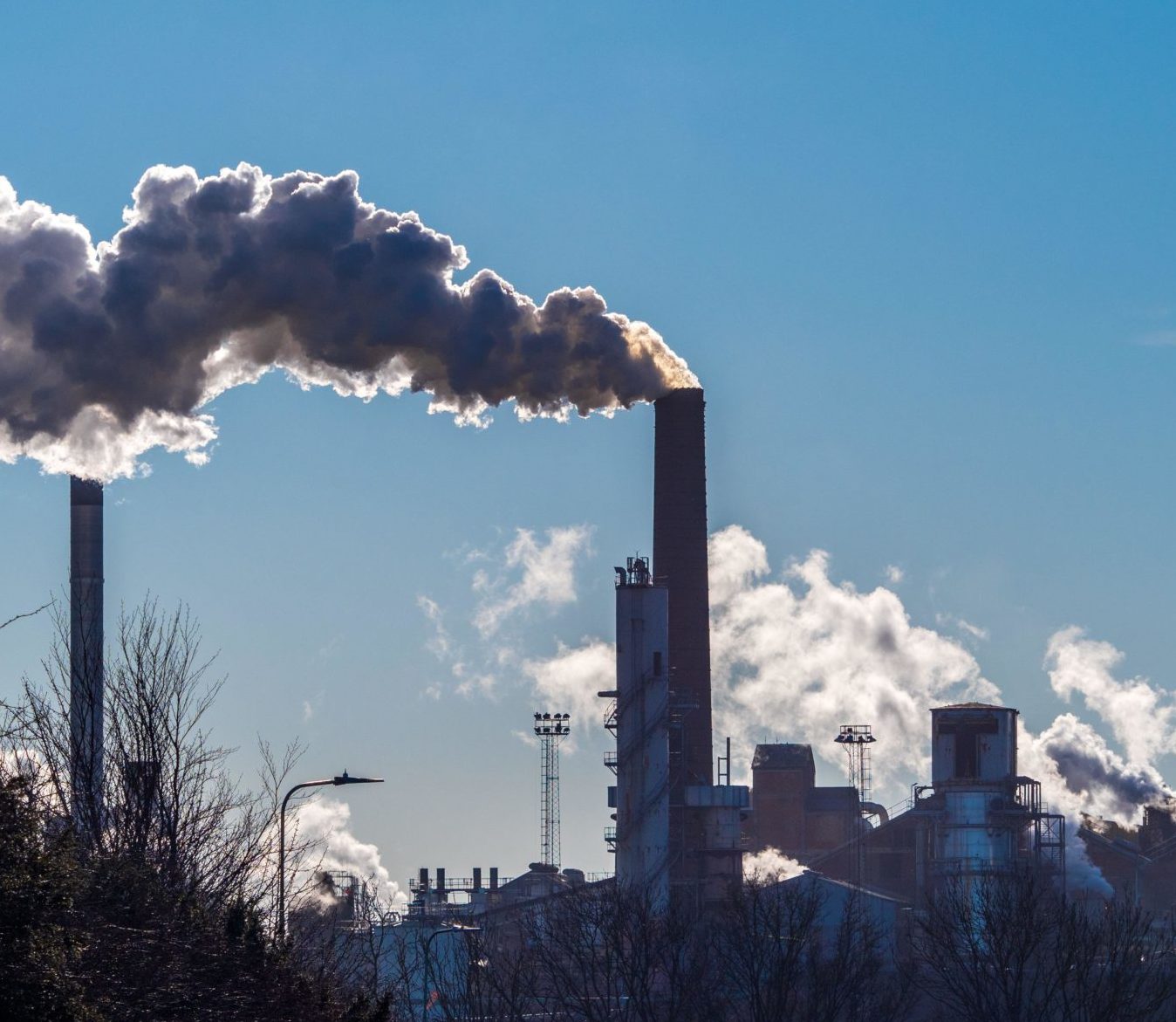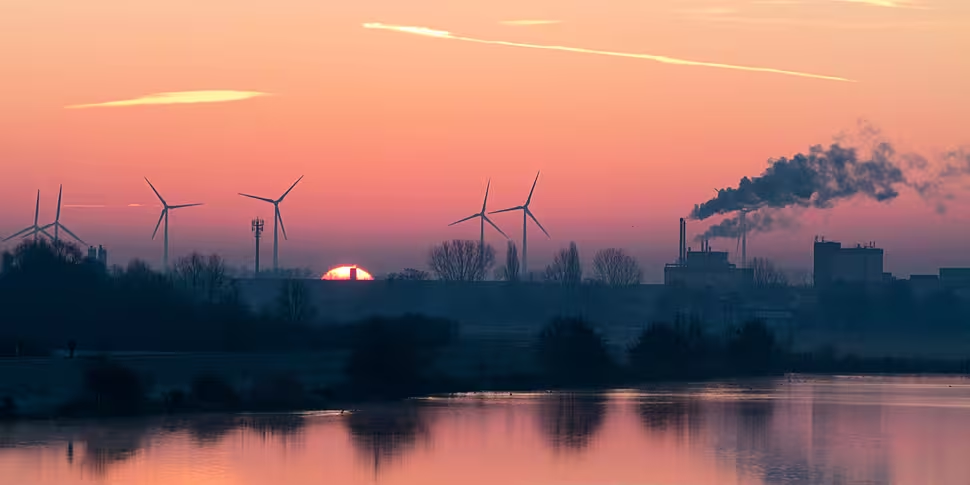Choices made in the next few years around climate change will play "a critical role in deciding our future and that of generations to come."
That is according to the latest Intergovernmental Panel on Climate Change (IPCC) report.
The United Nations body said the report "brings into sharp focus" the losses and damages we are already experiencing.
It said these will continue into the future, "hitting the most vulnerable people and ecosystems especially hard."
"Taking the right action now could result in the transformational change essential for a sustainable, equitable world," it said.
'If we act now'
It said there are "multiple, feasible and effective options" to reduce greenhouse gas emissions and adapt to human-caused climate change available now.
IPCC Chair Hoesung Lee explained: "Mainstreaming effective and equitable climate action will not only reduce losses and damages for nature and people, it will also provide wider benefits.
"This Synthesis Report underscores the urgency of taking more ambitious action and shows that, if we act now, we can still secure a liveable sustainable future for all," he added.
'Insufficient to tackle climate change'
In 2018, the IPCC highlighted the unprecedented scale of the challenge required to keep warming to 1.5°C.
Five years later, it said that challenge "has become even greater" due to a continued increase in greenhouse gas emissions.
"The pace and scale of what has been done so far, and current plans, are insufficient to tackle climate change," the report said.
It said more intense heatwaves, heavier rainfall and other weather extremes further increase risks for human health and ecosystems.
 Air pollution from factory emissions. Picture by: Robert Evans / Alamy Stock Photo
Air pollution from factory emissions. Picture by: Robert Evans / Alamy Stock PhotoAditi Mukherji is one of the 93 authors of the report.
"Climate justice is crucial because those who have contributed least to climate change are being disproportionately affected,” she said.
"Almost half of the world’s population lives in regions that are highly vulnerable to climate change.
"In the last decade, deaths from floods, droughts and storms were 15 times higher in highly vulnerable regions," she added.
'Reductions in all sectors'
The report said in this decade, accelerated action to adapt to climate change is essential to close the gap between existing adaptation and what is needed.
"Keeping warming to 1.5°C above pre-industrial levels requires deep, rapid and sustained greenhouse gas emissions reductions in all sectors," it said.
"Emissions should be decreasing by now and will need to be cut by almost half by 2030, if warming is to be limited to 1.5°C".
"The solution lies in climate resilient development," the report added.
"This involves integrating measures to adapt to climate change with actions to reduce or avoid greenhouse gas emissions in ways that provide wider benefits".









